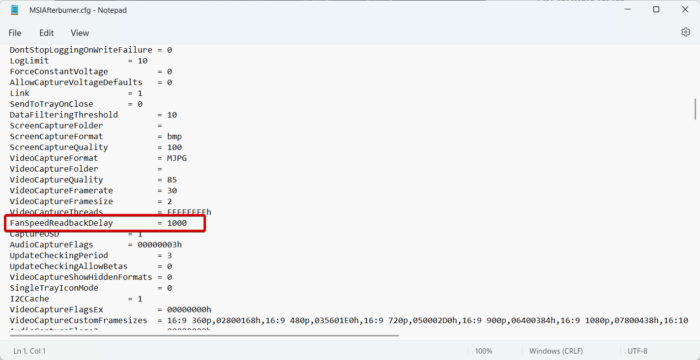


But what if it's a defective GPU and not just a BIOS quirk common for the model. Which should be much quieter than the current fan. The problem is, even if i put an artcic accellero on it, it will still run at 56% at idle.

I thought i bricked the card, because all screen was pink with small squares and a bit was coming out of this pink cloud when you were clicking and i barely managed to flash back the original bios (thank God i had it backed up). I found a flash utility and a bios from MSI Aero ITX 1650 which seemed very similar in specs and i managed to crossflash it. Is there such a tool that i could use for 1650 (Turing?).Ĭlick to expand.Yeah, i am pretty sure it's a BIOS problem, i just don't know if it's common to all GPUs of my model or it's a defect with mine. I also found a thread mentioning that sometimes you can edit BIOS to change the values or rpm speed. I can of course dismantle everything and put on it an arctic accelero L2 plus cooler, since i have one. UNLESS, they thought that since ITX is small, better give it high RPM to avoid overheating? Is this "normal"? A BIOS hardlocked value perhaps? Or could it be a defect? I find it odd, that a card that is made to fit very small cases, would be locked to min fan at 56%, which is noisy. I 've also contacted Gigabyte support, but it's not like i trust them, so i thought to ask here. Now, i 've googled a lot and ironically, i 've found a similar EVGA case: You can manually only raise the rpm, not lower it. I tried also the "AORUS Engine" program by Gigabyte, which shows 35 as initial value, but doesn't really work either. The fan correctly revs up as the GPU heat rises, but never goes lower than 56%. This 56% produces 1655 rpm, which on an 80mm fan, is noisy. I can only increase the fan speed (max fan speed is 2955rpm, sounds like an airplane). Even MSI Afterburner when you first launch it, it shows 56% on the extreme left of the sliding bar. I just bought a Gigabyte single fan 1650 ITX card and all is fine, except for one thing. Hello, i need some help from the GPU gurus.


 0 kommentar(er)
0 kommentar(er)
